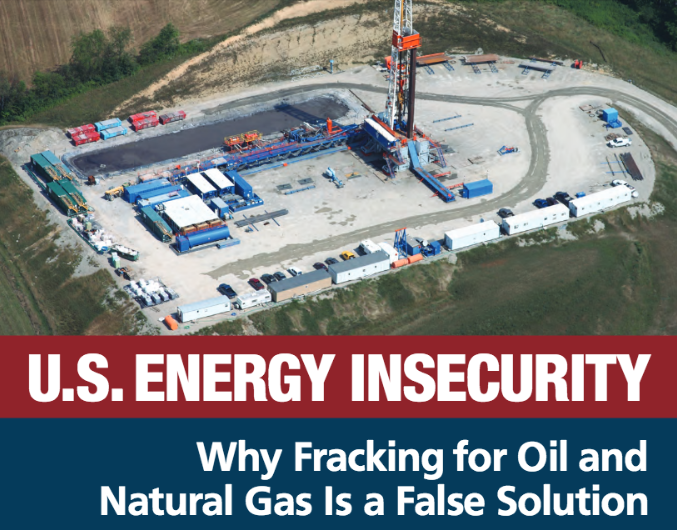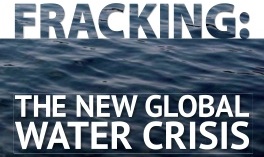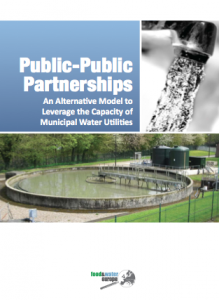But for whom is it really a blessing? Loose talk about domestic oil and natural gas abundance in order to justify and promote widespread drilling and fracking gives Americans a false sense of energy security. Hinging U.S. energy policy on fracking, and thus betting America’s future on the supposed abundance of oil and natural gas, would simply perpetuate America’s destructive dependence on the oil and gas industry. The only security that would be enjoyed is the security of the industry’s profits.Promoters of modern drilling and fracking celebrate the industry’s newfound ability to extract oil and natural gas from shale and other tight rock formations, calling it an energy “revolution,” a “paradigm-shifter,” a “rebirth” and a “game changer.” One recent report claims that North America might soon become “the new Middle East,” a net exporter of oil and natural gas. In April 2012, ConocoPhillips’s CEO at the time called shale gas a “blessing.” In this report, Food & Water Watch exposes the misconceptions, falsehoods and misleading statements behind the claims that modern drilling and fracking for oil and natural gas can deliver U.S. energy security. Briefly, Food & Water Watch finds that:
- The popular claim that the United States has 100 years worth of natural gas presumes not only that no place would be off-limits to drilling and fracking, but also that highly uncertain estimates of domestic natural gas resources are accurate;
- Even assuming that the industry’s dreams of unrestricted drilling and fracking for natural gas come true and that resource estimates prove accurate, plans to increase the rate of consumption of U.S. natural gas easily cut the claim to 50 years, well within the lifetime of college students today;
- Among these plans are 19 proposals, as of October 26, 2012, to sell U.S. natural gas on foreign markets to maximize oil and gas profits. Combined, these proposals alone mean that annual natural gas exports could reach the equivalent of over 40 percent of total U.S. consumption of natural gas in 2011; and
- Even if the highly uncertain estimates of “tight oil” reserves prove accurate, and even if the oil and gas industry wins unrestricted access to drill and frack for oil, the estimated reserves would amount to a supply of less than seven years.
The United States can transition off of fossil fuels, but it will require remaking the U.S. energy system around proven clean energy solutions: conservation, efficiency and renewables. Such a remaking would underpin broadbased and sustained economic growth, circumvent the environmental and public health costs of extracting and burning fossil fuels and usher in an era of true U.S. energy security, independence and resilience. The threat is that the fossil fuel industry — empowered by its deep pockets, armed with increasingly intensive extraction methods and bolstered by entrenched infrastructure and demand for its product — will succeed in delaying the necessary transformation for decades, just to protect its bottom line. Now is the time for the United States to declare independence from the oil and gas industry.





